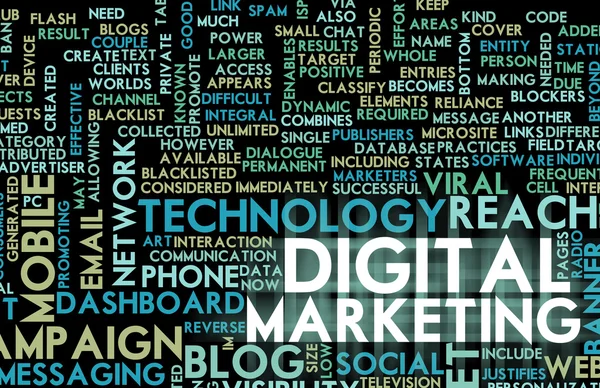
In the dynamic landscape of modern business, traditional marketing approaches are rapidly being replaced by more agile and adaptable strategies suited to the digital age. Digital marketing has become the cornerstone of success for businesses seeking to thrive in an increasingly interconnected world. In this blog post, we’ll explore the evolution of marketing in the digital era and uncover the strategies and tactics necessary for businesses to stay ahead of the curve.
Introduction: The Digital Transformation
The rise of the internet and digital technologies has fundamentally transformed the way businesses connect with their audience and market their products or services. Digital marketing encompasses a wide array of strategies and channels, including social media, search engine optimization (SEO), content marketing, email campaigns, and more. Let’s delve into the evolution of digital marketing and the key strategies for success in the digital era.
1. From Traditional to Digital
Traditional marketing methods, such as print ads, television commercials, and direct mail, have long been the mainstay of marketing efforts. However, the advent of the internet and digital technologies has ushered in a new era of marketing, where businesses can reach their audience more effectively and efficiently through digital channels. Digital marketing offers unprecedented opportunities for targeting, personalization, and measurement, allowing businesses to connect with their audience in more meaningful ways.
2. Understanding the Digital Landscape
The digital landscape is vast and ever-changing, with new technologies, platforms, and trends emerging constantly. To succeed in digital marketing, businesses must have a solid understanding of the digital landscape and stay abreast of the latest developments. From social media platforms like Facebook and Instagram to search engines like Google and Bing, each digital channel offers unique opportunities and challenges for marketers.
3. Embracing Multichannel Marketing
In today’s omnichannel world, consumers interact with brands across multiple touchpoints and devices. To effectively reach and engage their audience, businesses must embrace a multichannel marketing approach. By leveraging a mix of digital channels, businesses can maximize their reach and engagement and create a cohesive brand experience for their audience.
4. Data-Driven Decision Making
One of the most significant advantages of digital marketing is the ability to collect and analyze data in real-time. By leveraging data analytics tools, businesses can gain valuable insights into their audience’s behavior, preferences, and needs. This data-driven approach enables businesses to make informed decisions, optimize their marketing efforts, and drive better results.
5. Personalization and Targeting
Personalization is key to delivering relevant and engaging experiences to your audience. By leveraging data and automation tools, businesses can segment their audience and deliver personalized content and offers based on their interests, behaviors, and preferences. Personalized marketing allows businesses to connect with their audience on a deeper level and drive higher engagement and conversions.
Conclusion: Navigating the Digital Renaissance
Digital marketing has ushered in a new era of marketing, where businesses can connect with their audience more effectively and efficiently than ever before. By understanding the digital landscape, embracing multichannel marketing, leveraging data-driven insights, and personalizing experiences, businesses can navigate the digital renaissance with confidence and achieve success in the digital era. Embrace the opportunities of digital marketing, and watch as your business thrives in the digital age.